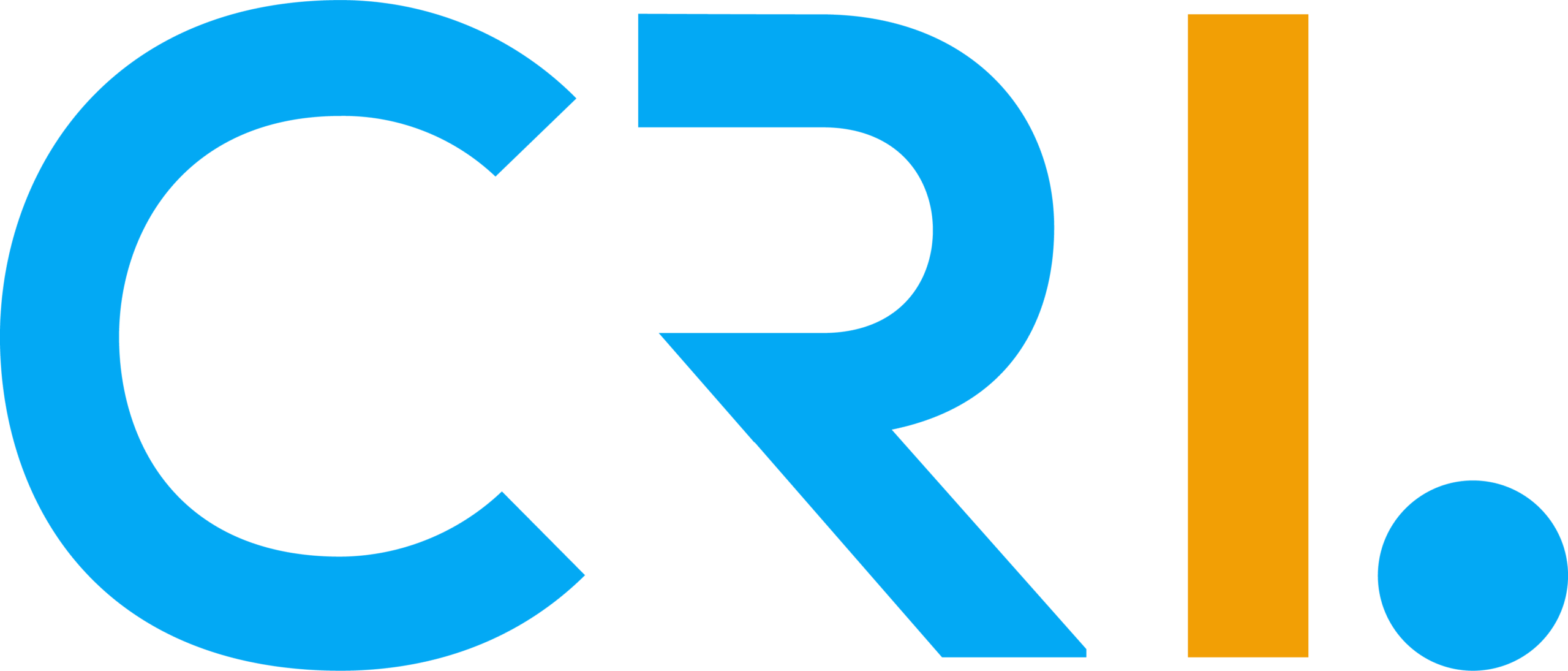If you’re sourcing top talent from all over the world, cultural differences can be the critical bridge or the critical divide between your current teams and your new employees. You may think international relocation is as simple as an Italian employee integrating with an American team, for instance, but hidden cultural quirks make the process anything but straightforward. What if that Italian employee speaks three additional languages? What if they identify with other European cultures based on their personal and professional background? Every employee is unique, bringing cultural nuance to your training and team building efforts.
As a leading expert in international relocation, CRI encourages your business to seek strength in diversity by developing sustainable cultural training programs that address trust, language, and soft skills like leadership and flexibility. In this article, we’ll explain the “platinum rule” and lay the groundwork for inclusive, people-first training that will help you create a more successful international relocation strategy and a stronger foundation in retention and talent acquisition. We’ll also highlight how the right corporate relocation services can reduce the potential complications of culture shock.
Smarter Cultural Training Strategies
“I think to improve on retention, relationships are the key, and training is a fundamental part of building relationships among teams,” Miziniak says. Good relationships foster great communication and collaboration, strengthening your workforce from the inside out. Your organization can build strong professional relationships through your own cultural training program using three key pillars.
Pillar 1: Building Trust
Even the most qualified, high performing employee will experience challenges if they fail to build trust with their new teammates. Trust is the foundation of a well-functioning team, making it integral to well-functioning training protocols. Miziniak suggests asking team building questions such as, “What is one little thing people could do at work that would make your life so much easier?” This approach expresses kindness, compassion, and genuine empathy, paving the way to an interconnected workforce that strives to support its members for the benefit of your organization.
Pillar 2: Creating Leaders
The definition of “leadership skills” can differ from country to country. For the executive leaders who have been internationally relocated to your team, cultural differences can impact their ability to lead and drive meaningful action in your organization, so it’s worth training with diverse backgrounds in mind. You should also train your existing leadership team to have dynamic range and be able to work with a wide variety of people. Understanding the variance in cultures requires serious effort from your whole team, not just the newcomers.
Pillar 3: Learning the Language
Don’t let language barriers get in the way of successful international relocations. When you learn a language, you learn a culture, putting language programs in a prime position to educate and prepare new hires to problem solve and communicate clearly. An effective language program will address accents, inflections, body language, and tone, going deeper than standard language classes to truly tackle what it means to convey ideas in English. These programs can extend to an employee’s children or spouse as well.
Stop Culture Shock Before it Starts
As your employee settles into their new role, they face the daunting reality of navigating a foreign country and adapting to your corporate culture. Without an effective relocation program backed by cultural training, culture shock can set in and negatively impact the employee’s personal life and work performance.
A relocation package offers benefits like home selling assistance and family support to reduce the financial burden and general stress of moving, but it can also ease the transition into a new culture. With real estate challenges out of the way, your employee can focus on building a new life in an unfamiliar location. Additionally, an international relocation specialist like CRI can help your organization develop the perfect relocation program for your business needs. “I don’t think companies sometimes realize how much a relocation company does, how incredible its logistics are, how amazing the service it provides,” Miziniak tells us.
Cultural training is often overlooked in the employee relocation process, but this operates as an additional benefit for your organization and your people. After all, relocation isn’t over once an employee arrives and settles in. Cultural integration can take years, and a strategic approach to training can be your long-term solution to making employees feel welcome and valued. As a result, your organization can see increased retention rates and more diverse, productive teams.
The Platinum Rule
Rather than treating people the way you want to be treated, why not treat them the way they want to be treated? This is the essence of the platinum rule and your starting point for a cultural training program that centers respect and self-reflection.
Respect means honoring individuality and no longer expecting employees from outside your organization’s culture to carry all the weight of learning how to communicate and build lasting professional relationships. Self-reflection, on the other hand, means prompting employees to examine the perspectives and potential biases they hold regarding their own culture and the culture they’ll soon be working in. When your business meets new hires where they are and treats them how they see themselves, you’re one step closer to a winning international relocation strategy.
Partner with an Expert in Domestic and International Relocation
More About CRI
Relocation doesn’t have to be complicated. In fact, we believe it should be streamlined and personalized to meet your business goals and your budget. Whether it’s supporting you or supporting your employees, we’re prepared to ease the transition and cross the cultural divide as you grow your talent pool and provide competitive relocation benefits. Contact us today to get started.
More About Andrew Miziniak
In addition to being the President and the CEO of HansaOne and AASK Global, Miziniak is also the founder of Unicultural® Training, a bold new methodology that overlooks cultural stereotypes to build stronger intercultural communications among teams. A champion of cultural differences, his background includes twenty years of experience in training and development and a lexicon of six different languages.
Contact The Unicultural® Advantage today for more information about the corporate training solutions available to you.

